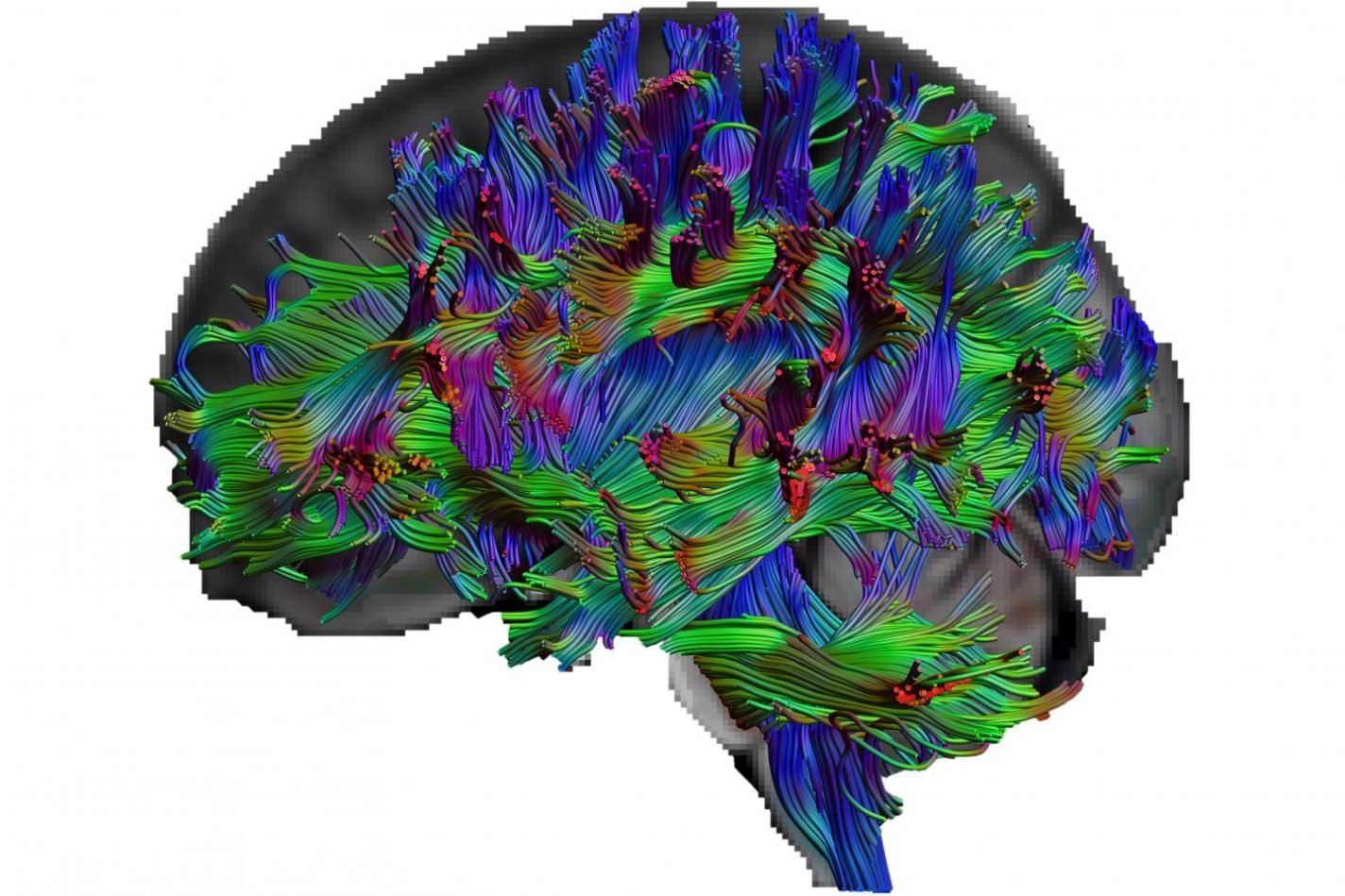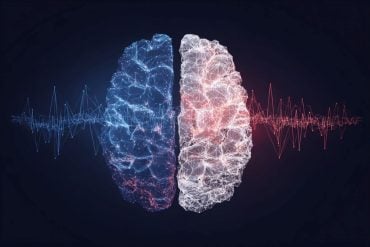Summary: An individual’s level of general knowledge is associated with structural brain network connectivity. Fluid intelligence is best predicted by cortex volume in males, and by functional network connectivity in females.
Source: RUB
The brains of people with excellent general knowledge are particularly efficiently wired. This was shown by neuroscientists at Ruhr-Universität Bochum and Humboldt-Universität Zu Berlin using magnetic resonance imaging. “Although we can precisely measure the general knowledge of people and this wealth of knowledge is very important for an individual’s journey through life, we currently know little about the links between general knowledge and the characteristics of the brain,” says Dr. Erhan Genç from the Department of Biopsychology in Bochum. The team describes the results in the European Journal of Personality on 28 July 2019.
Brain images and knowledge test
The researchers examined the brains of 324 men and women with a special form of magnetic resonance imaging called diffusion tensor imaging. This makes it possible to reconstruct the pathways of nerve fibers and thus gain an insight into the structural network properties of the brain. By means of mathematical algorithms, the researchers assigned an individual value to the brain of each participant, which reflected the efficiency of his or her structural fiber network.
The participants also completed a general knowledge test called the Bochum Knowledge Test, which was developed in Bochum by Dr. Rüdiger Hossiep. It is comprised of over 300 questions from various fields of knowledge such as art and architecture or biology and chemistry. The team led by Erhan Genç finally investigated whether the efficiency of structural networking is associated with the amount of general knowledge stored.

The result: People with a very efficient fiber network had more general knowledge than those with less efficient structural networking.
Linking pieces of information
“We assume that individual units of knowledge are dispersed throughout the entire brain in the form of pieces of information,” explains Erhan Genç. “Efficient networking of the brain is essential in order to put together the information stored in various areas of the brain and successfully recall knowledge content.”
An example: To answer the question of which constants occur in Einstein’s theory of relativity, you have to connect the meaning of the term “constant” with knowledge of the theory of relativity. “We assume that more efficient networking of the brain contributes to better integration of pieces of information and thus leads to better results in a general knowledge test,” says the Bochum-based researcher.
Source:
RUB
Media Contacts:
Erhan Genç – RUB
Image Source:
The image is credited to RUB, Erhan Genç.
Original Research: Closed access
“The Neural Architecture of General Knowledge”. Erhan Genç Christoph Fraenz, Caroline Schlüter, Patrick Friedrich, Manuel C. Voelkle, Rüdiger Hossiep, Onur Güntürkün.
European Journal of Personality. doi:10.1002/per.2217
Abstract
The Neural Architecture of General Knowledge
Cognitive performance varies widely between individuals and is highly influenced by structural and functional properties of the brain. In the past, neuroscientific research was principally concerned with fluid intelligence, while neglecting its equally important counterpart crystallized intelligence. Crystallized intelligence is defined as the depth and breadth of knowledge and skills that are valued by one’s culture. The accumulation of crystallized intelligence is guided by information storage capacities and is likely to be reflected in an individual’s level of general knowledge. In spite of the significant role general knowledge plays for everyday life, its neural foundation largely remains unknown. In a large sample of 324 healthy individuals, we used standard magnetic resonance imaging along with functional magnetic resonance imaging and diffusion tensor imaging to examine different estimates of brain volume and brain network connectivity and assessed their predictive power with regard to both general knowledge and fluid intelligence. Our results demonstrate that an individual’s level of general knowledge is associated with structural brain network connectivity beyond any confounding effects exerted by age or sex. Moreover, we found fluid intelligence to be best predicted by cortex volume in male subjects and functional network connectivity in female subjects. Combined, these findings potentially indicate different neural architectures for information storage and information processing.







